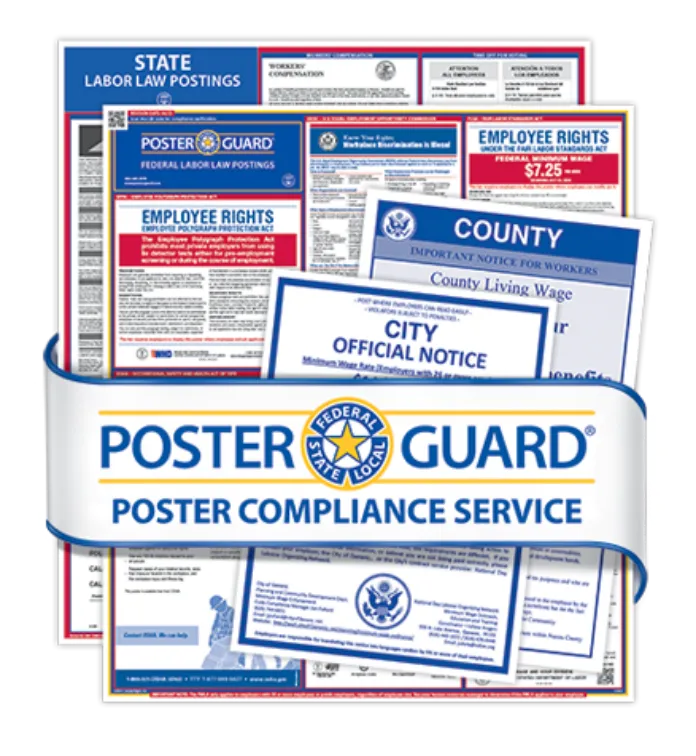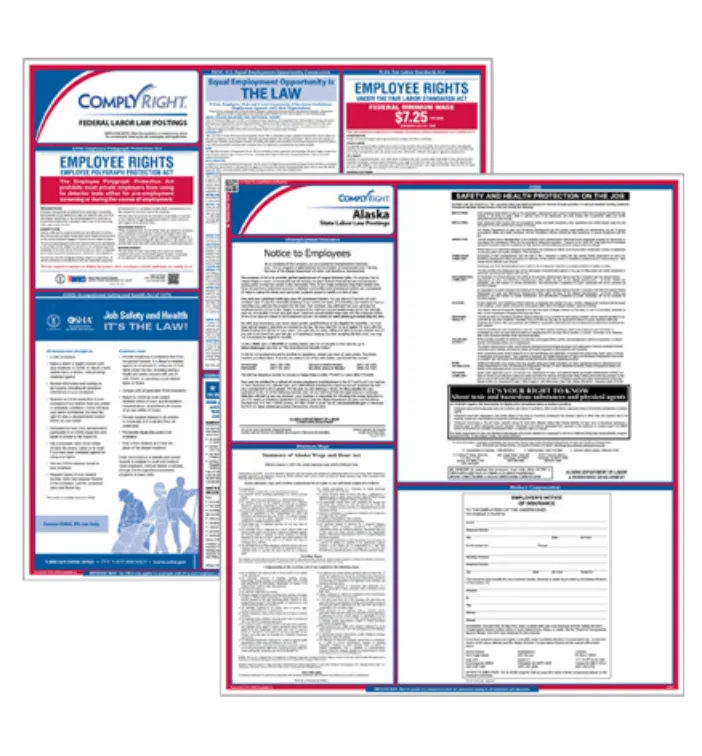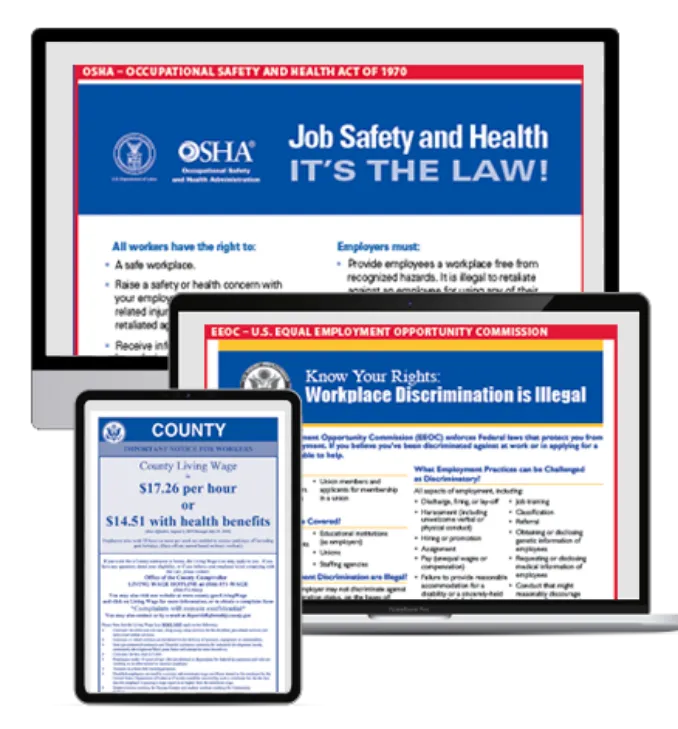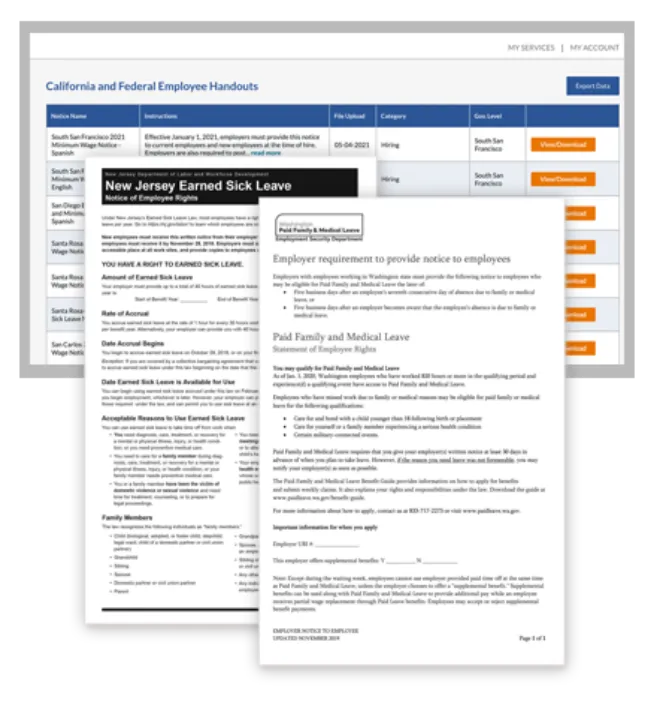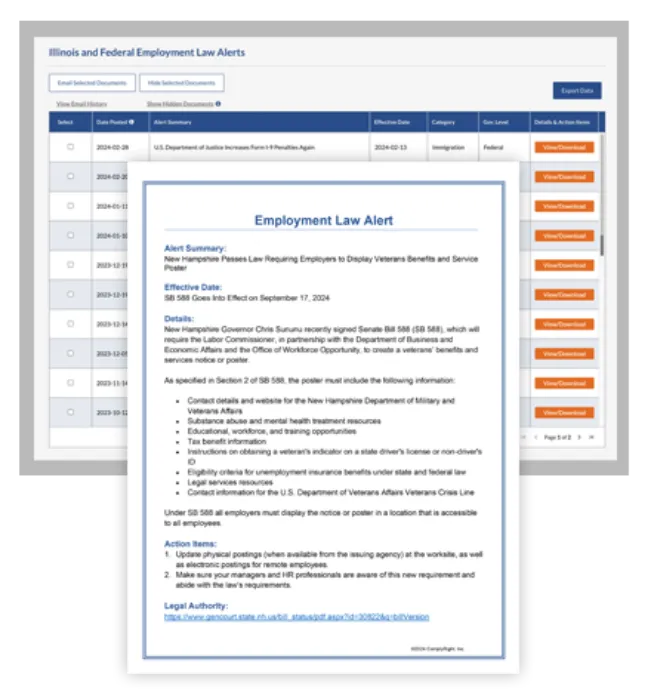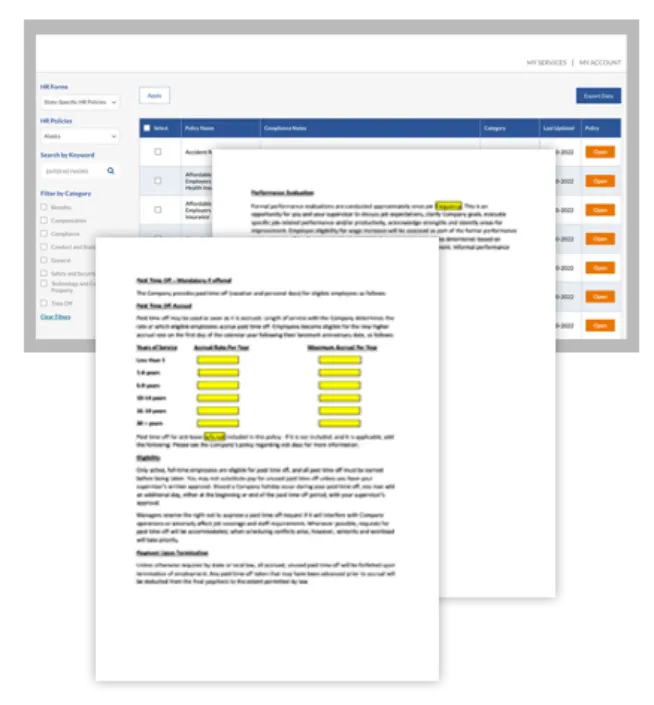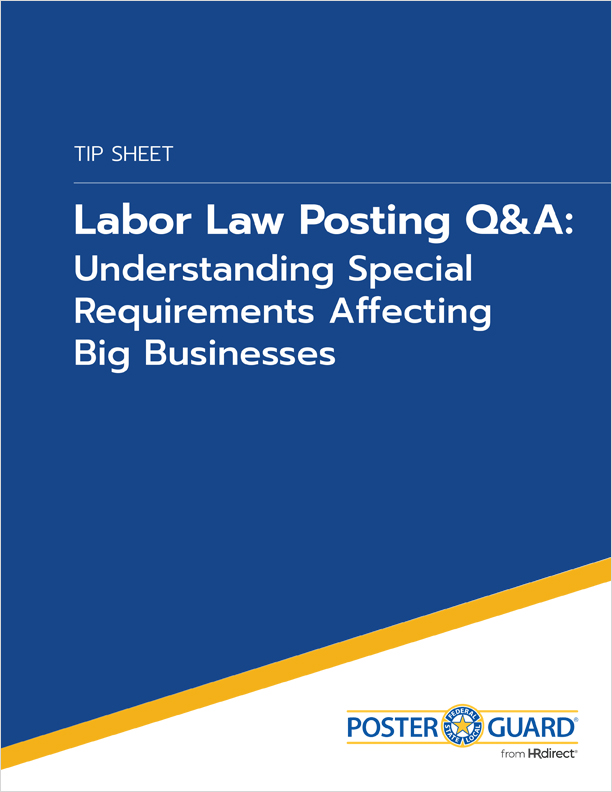The workers’ compensation system was established to provide benefits to employees who suffer a work-related injury or illness. But many employers are surprised to learn that workers’ comp coverage doesn’t just apply to on-site workers. Remote workers are also typically covered under the laws.
Clarifying Workers’ Compensation
Almost every state requires workers’ comp coverage. Under workers’ compensation laws, an employee receives benefits if he or she suffers a work-related injury no matter who is at fault.
Workers’ compensation coverage varies from state to state and is governed by individual state laws. However, employees are usually entitled to payment of expenses surrounding medical bills, lost wages, disability benefits, rehab and retraining.
It doesn’t matter where the incident happens. An employee doesn’t have to be at the worksite for a worker’s compensation claim to be valid. If any employee is hurt from activities tied to employment, during work hours, then the injury or illness is generally compensable under workers’ comp insurance.
Common covered injuries among telecommuters include slips, trips and falls. Additionally, since many home workers don’t have ergonomic workstations, “cumulative injuries” – such as carpal tunnel syndrome, tendonitis and back pain – often occur.
Injuries that are typically not covered by workers’ compensation laws include:
- Self-inflicted injuries
- Injuries suffered during an employees’ own personal time
- Injuries suffered when an employees’ conduct violated company policy (e.g., drinking during working hours)
Reducing Claims
The key to reducing workers’ compensation claims is to help prevent injuries from happening in the first place. Raising safety awareness among remote workers can help. A good first step is to create and distribute a home office ergonomic and safety checklist. Some information to include:
- Use an office chair that provides ample back support and allows adjustments to fit you comfortably.
- Place your computer screen at a comfortable height that does not produce neck or back strain.
- Place your keyboard at a height that does not cause wrist strain.
- Keep power cords out of walkways.
- Keep your work area clean and avoid clutter which can cause fire and tripping hazards.
- Check your workspace for loose cords or overloaded electrical outlets.
- Ensure your home office is well lit with ample lighting.
- Always report accidents and injuries immediately to your supervisor.
It’s a best practice to have all telecommuters sign and date the checklist, acknowledging that they received and understand the guidelines. In addition, you should clearly define remote employees’ working hours and break times. This will help you determine if an injury occurred on or off the clock.
Communicating Employee Rights
By law, businesses are required to notify all employees of their rights and responsibilities, including how to report an injury. This includes posting notices at the worksite like the OSHA federal poster and OSHA state posters – as well as city and county postings in certain areas. Neglecting to do so can result in fines and difficulty defending a case. It’s important to note that some businesses also may be required to distribute certain handouts when a work-related injury occurs.
Remote employees must have access to this information, too. If your remote workers report to your physical location at least three times a month, you’re likely in compliance with government recommendations – provided you prominently display up-to-date labor law postings in your business. If your remote workers visit the office less frequently, however, traditional postings at the office won’t be enough. Handouts have their own requirements. Some are allowed to be distributed electronically while others must be physically printed and given to the employee.
Easily Manage Posting Requirements
Stay on top of the laws with Poster Guard Compliance Protection. Poster Guard offers comprehensive solutions to satisfy all your posting requirements – including OSHA regulations – for both on-site and off-site employees. In addition, a mandatory handout subscription service is available.
It is illegal in almost every state to retaliate against an employee because he or she is seeking workers’ compensation benefits, including retaliating against an employee for filing a claim or missing work for a workers’ compensation injury.

